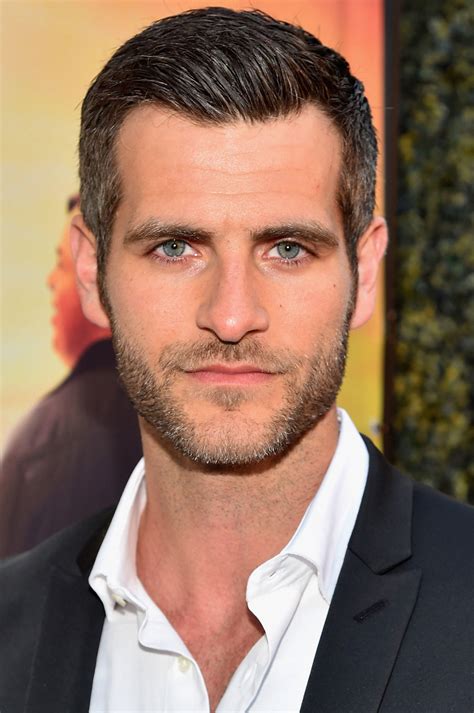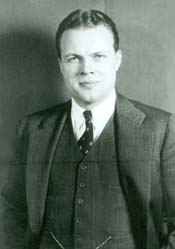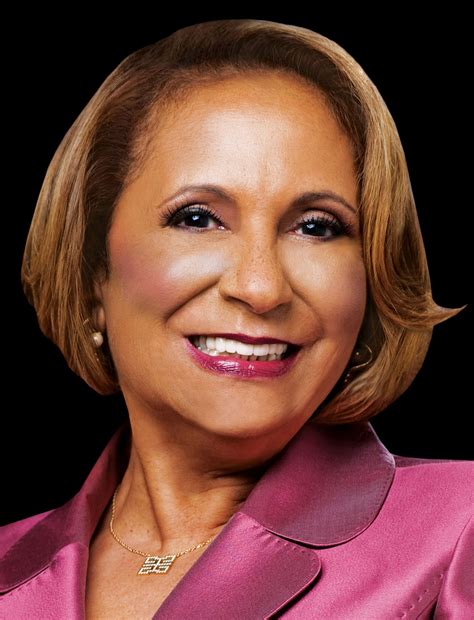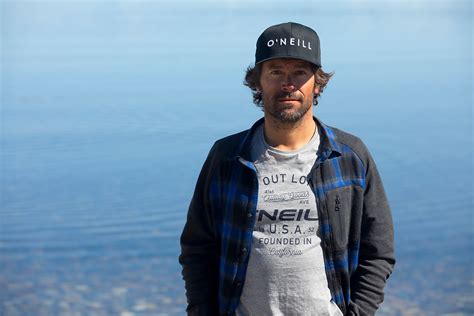A Quote by Kelly Clark
People ask a lot about how I can be a believer in a culture that perhaps is counter cultural to what you believe in. I've come to the conclusion that I'm able to be in this culture and in this industry and fruitful because I don't look to my circumstances to determine what I believe to be true about God.
Related Quotes
I used to believe that you could change the culture or behavior of a company. I still believe it's possible, but it is at least a five to ten year process, if you are successful at all. More recently, I have been attracted to the ideas of the behavioralist, Edgar Schein. Schein has argued that you cannot change the culture of a company, but you can use the culture of a company to create change. It's an interesting approach to overcoming resistance. And if you can change how a company does its work, you might eventually be able to change how its people think.
Scripture is so counter culture. Christ was counter culture. It's not like we're supposed to be weird or anything, but as we grow closer to Christ, we won't care about the things of the world as much. As a believer, you're just going to be countercultural. That's the way its always been and it will always continue to be that way. That's why it's important for us as believers to encourage other believers that it's okay to be that way.
I’m not doing anything wrong, I’m not obstructing anyone’s access. When I have a crowd I make sure that the crowd makes room for people. I’m an artist who cares about the cultural fabric of New York City. I care about New York as a harbor for street culture - and I care about street culture as a base-level populist diffusion of ideas. And I believe in making those ideas accessible to everyone.
The fact that what we believe about marriage - that it should be between a man and a woman - and that we're pro-life, somehow that becomes radical? Why is that? It's because our culture has changed. But the truth is, culture may change, people change, but the Word of God never changes, and that's what we rest our belief system on.
That's the reason I believe in the power of prayer, because I believe you have to be able to first believe in a being superior to you, You have to believe in God and once you're able to believe in God and embrace the greatness of the creator, then you're able to believe in yourself and embrace the greatness that God put into you and each of us, and you're able to tap into that. But there will be days.
I believe that one of the most damning things about our culture is the adage to never talk religion and politics. Because we don't model this discourse at the dinner table and at Thanksgiving, we don't know how to do it well and we're not teaching our children about the world and about how to discuss it.
Many teachers of the Sixties generation said "We will steal your children", and they did. A significant part of America has converted to the ideas of the 1960s - hedonism, self-indulgence and consumerism. For half of all Americans today, the Woodstock culture of the Sixties is the culture they grew up with - their traditional culture. For them, Judeo-Christian culture is outside the mainstream now. The counter-culture has become the dominant culture, and the former culture a dissident culture - something that is far out, and 'extreme'.
How can one be compassionate if you belong to any religion, follow any guru, believe in something, believe in your scriptures, and so on, attached to a conclusion? When you accept your guru, you have come to a conclusion, or when you strongly believe in god or in a saviour, this or that, can there be compassion? You may do social work, help the poor out of pity, out of sympathy, out of charity, but is all that love and compassion?
When you believe, the impossible becomes possible. What you believe will become what is true. Your optimism today will determine your level of success tomorrow. Don’t look at your challenges; look up and look out into the future. Don’t focus on your circumstances. Focus on the right beliefs that will help you build your success.

























